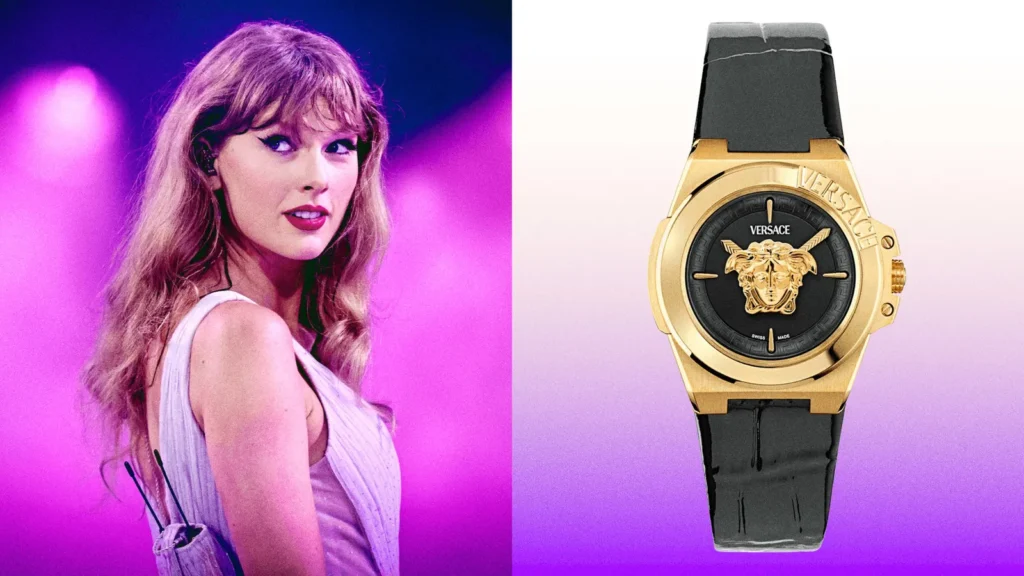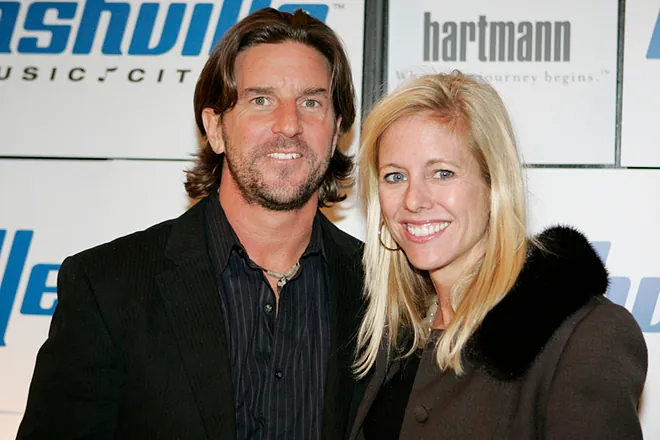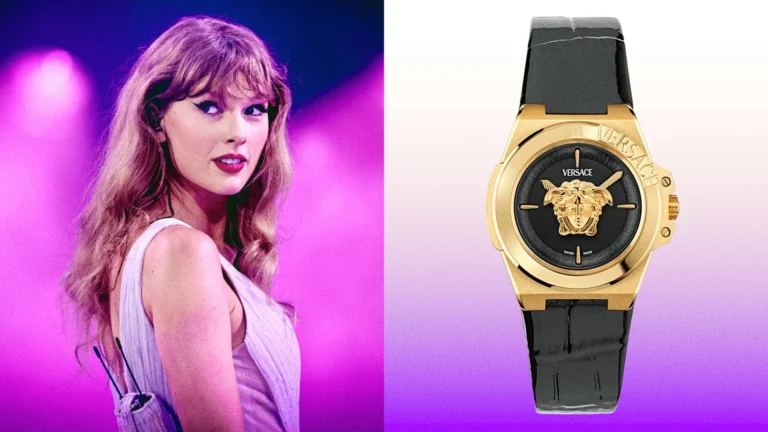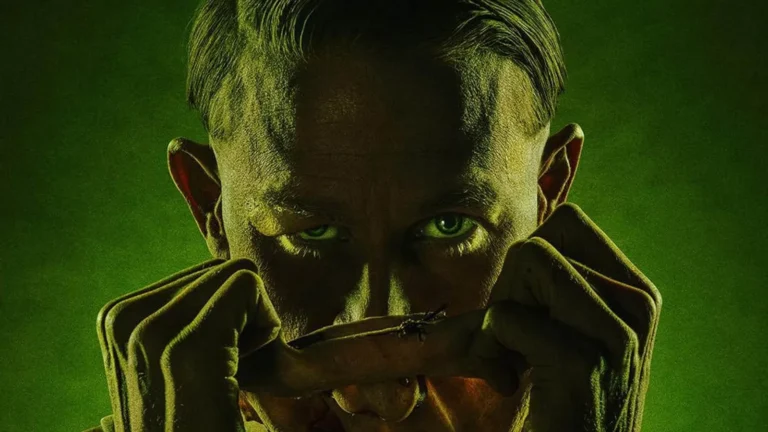When Leonardo DiCaprio reflects on his decades-long career, he’s quick to acknowledge the gamble that changed his life: boarding James Cameron’s Titanic. The film became a cultural monolith, launched him to global superstardom, and cemented his image as Hollywood’s leading man. Yet even DiCaprio admits that a different choice still lingers in his mind.
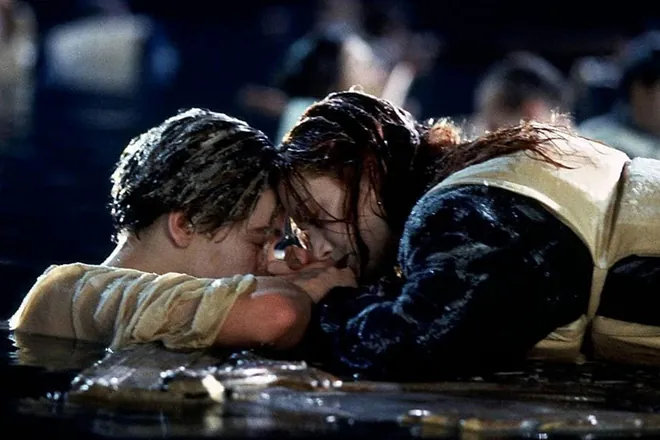
The Oscar-winning actor revealed in a recent Esquire conversation with director Paul Thomas Anderson that he regrets turning down Boogie Nights—a cult-defining drama that came out the year after Titanic. The role went to Mark Wahlberg, but in DiCaprio’s words, the film was nothing less than “a masterpiece.”
This candid admission offers a fascinating window into the twists of fate in Hollywood, the tension between box office hits and artistic ambition, and the enduring allure of collaborations that almost were.
The Fork in the Road: Titanic vs Boogie Nights
In the mid-1990s, DiCaprio’s career was at a crossroads. He had already proven his acting depth in What’s Eating Gilbert Grape (1993), earning an Academy Award nomination, and cemented his teen heartthrob status with Romeo + Juliet (1996). The offers pouring in were varied, but two projects stood out:
- James Cameron’s Titanic, a big-budget epic with enormous risk attached.
- Paul Thomas Anderson’s Boogie Nights, a gritty exploration of the 1970s adult film industry told through the rise and fall of young star Eddie Adams (aka Dirk Diggler).
The decision wasn’t simple. Cameron’s vision was ambitious but far from guaranteed—at the time, Titanic was infamous for ballooning production costs and dire predictions of box office disaster. Anderson, meanwhile, was an emerging auteur fresh off his acclaimed debut Hard Eight.
DiCaprio ultimately chose Titanic. The rest is movie history: the film grossed more than $2 billion worldwide and remains one of the highest-grossing films ever made.
Yet in making that choice, he passed on a role that would become central to Boogie Nights’ reputation as one of the most defining American films of the 1990s.
Boogie Nights: The Cult “Masterpiece” That Almost Starred Leo
Released in 1997, Boogie Nights wasn’t a runaway commercial hit—it grossed just $43 million worldwide—but its critical reception was electric. The film was praised for its bold storytelling, dynamic ensemble cast, and unflinching look at an overlooked corner of American culture.
Mark Wahlberg’s portrayal of Eddie Adams/Dirk Diggler was a breakout, cementing him as more than just a rapper-turned-actor. Surrounding him were heavyweight performances by Julianne Moore, Burt Reynolds, Philip Seymour Hoffman, Don Cheadle, and Heather Graham.
Critics hailed the movie as a daring mix of satire, tragedy, and raw humanity. Roger Ebert called it “a classic,” and decades later, it consistently ranks among the best films of the 1990s.
For DiCaprio, watching it from the outside was bittersweet. “It was a profound movie of my generation,” he told Anderson. “I can’t imagine anyone other than Mark in it. When I finally got to see it, I thought it was a masterpiece.”
Why DiCaprio Calls It His “Biggest Regret”
Actors often reveal the projects they almost took—but DiCaprio calling Boogie Nights his “biggest regret” stands out.
Part of it is artistic. Boogie Nights was a film that defined an era of indie cinema, the kind of raw, character-driven storytelling that actors dream of. The role of Eddie Adams demanded vulnerability, intensity, and an arc from innocence to corruption—all elements that play to DiCaprio’s strengths.
Another part is timing. While Titanic made him an international superstar, it also locked him into the “romantic heartthrob” image he would spend years trying to break free from. Choosing Boogie Nights might have accelerated his path toward the darker, more complex roles he eventually pursued in The Aviator, The Departed, and The Revenant.
The irony, of course, is that both films became defining works of the 1990s—but in very different ways.
Mark Wahlberg and the Sliding Doors Effect
Mark Wahlberg’s career owes much to that sliding-doors moment. Without Boogie Nights, it’s hard to imagine him being taken as seriously as he was by critics and directors. His transformation from pop culture punchline to Oscar nominee (The Departed, The Fighter) began with Anderson’s film.
Wahlberg himself has had a complicated relationship with the movie, later expressing discomfort with its explicit subject matter. But for DiCaprio, there’s no ambivalence: he sees it as a once-in-a-generation role he let slip away.
The Long-Awaited Collaboration: Blood Meridian
Two decades after their paths diverged, fate has finally brought DiCaprio and Paul Thomas Anderson together. The pair are now collaborating on Blood Meridian, a long-gestating adaptation of Cormac McCarthy’s brutal Western novel, set to release on September 26, 2025.
DiCaprio will play Bob Ferguson, a haunted revolutionary pursued by Steven Lockjaw (portrayed by Sean Penn). The project is a passion piece for the actor, who admitted he had been chasing the chance to work with Anderson for years.
“Wanting to make this movie was pretty simple,” he told Esquire. “I’ve wanted to work with you, Paul, for about 20 years. I loved this idea of the failed revolutionary trying to erase his past and disappear and try to live a normal life raising his daughter.”
The collaboration feels like a course correction—not to undo history, but to finally align DiCaprio’s career with an artist whose work he’s long admired from afar.
Why Regret Matters, Even After Titanic
On paper, DiCaprio has little to regret. Titanic gave him a global platform few actors ever achieve, and he parlayed that fame into a career built on daring choices. He’s worked with Scorsese, Tarantino, Nolan, Iñárritu, and now Anderson. He has an Oscar, Golden Globes, and one of the most carefully curated filmographies in Hollywood.
But regret isn’t always rational. For DiCaprio, it’s less about missed opportunity for fame or fortune, and more about the kind of artistic fulfillment that Boogie Nights represented.
His admission also humanizes him. It shows that even at the top of his craft, he still looks back at the roads not taken, still wonders what kind of actor he might have been had he chosen differently.
The Bigger Picture: Roles Actors Regret Passing On
DiCaprio isn’t alone in this. Hollywood is filled with famous near-misses:
- Will Smith turned down The Matrix to make Wild Wild West.
- Tom Hanks passed on Jerry Maguire.
- Julia Roberts declined Shakespeare in Love.
- Al Pacino rejected the role of Han Solo in Star Wars.
What stands out about DiCaprio is his openness in calling Boogie Nights his “biggest regret” rather than downplaying it. Most stars justify their choices. DiCaprio frames it as a recognition of greatness—an acknowledgement that sometimes, the project you let go defines you as much as the one you take.
Legacy in Hindsight
As DiCaprio steps into Blood Meridian, the irony isn’t lost: the director he once had to pass up is now the collaborator he’s been waiting decades to work with.
For audiences, it’s a rare full-circle moment. We get to imagine what Boogie Nights with a young DiCaprio might have looked like, while watching the real partnership unfold in a story equally steeped in human fragility and survival.
In the end, regret can fuel ambition. If DiCaprio carries any lingering “what if” from Boogie Nights, it may only sharpen his drive to make Blood Meridian a film worthy of both his career and Anderson’s towering reputation.
Leonardo DiCaprio’s confession reminds us that even icons wonder about the choices they didn’t make. Titanic made him a legend, but Boogie Nights was the one that got away.
Now, nearly thirty years later, he finally steps onto Paul Thomas Anderson’s set—not to rewrite the past, but to seize the collaboration he’s been waiting for. And for DiCaprio, that may be the most satisfying ending of all.

